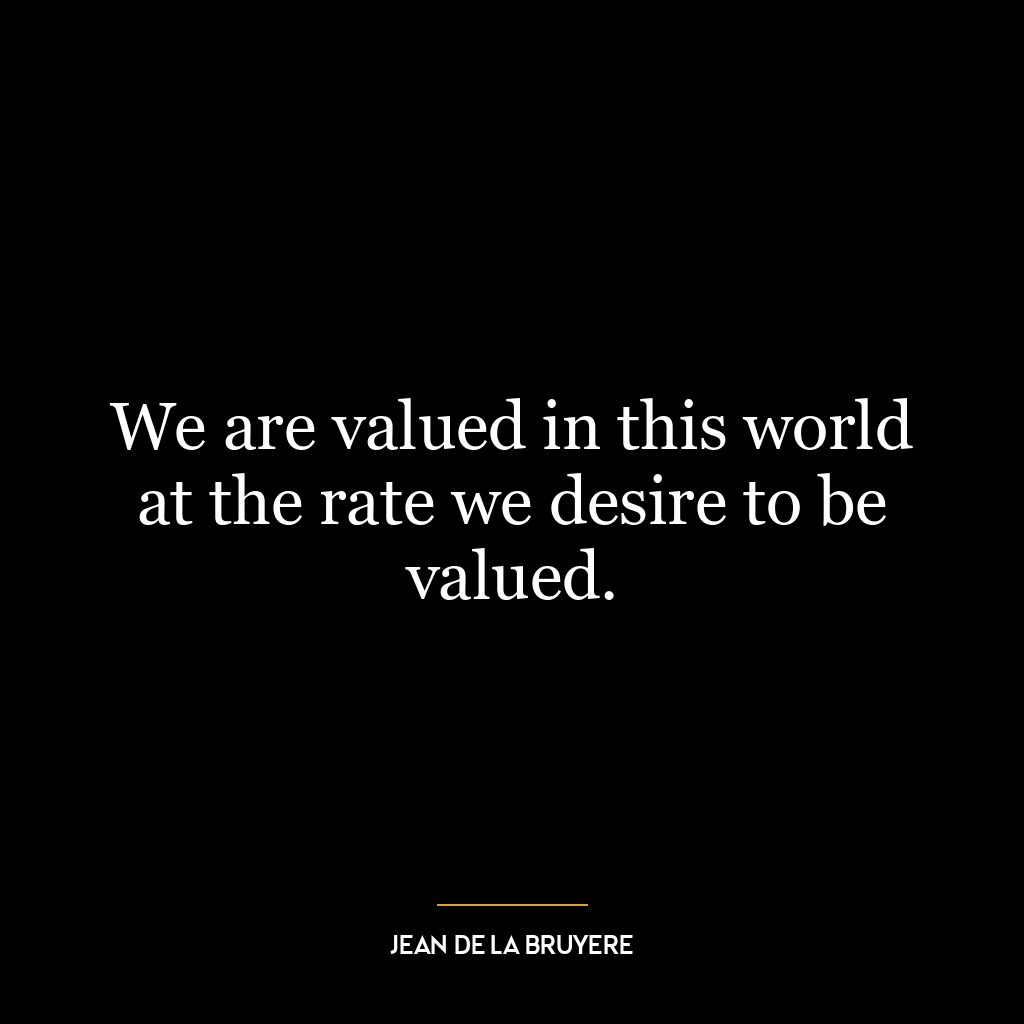When there is no desire for fruit, there is also no temptation for untruth or himsa.
This quote by Mahatma Gandhi suggests that when one is free from desires, particularly materialistic or selfish ones, they are also free from the temptation to lie or harm others. The “fruit” here symbolizes rewards or outcomes that people might desire.
Gandhi’s philosophy was deeply rooted in the concept of non-attachment, which asserts that our desires and attachments often lead us to perform actions that may not be truthful (untruth) or peaceful (himsa). When we are driven by a strong desire for something, we can be tempted to compromise our values and principles in order to achieve it. This could mean lying, cheating, stealing or even resorting to violence.
On the other hand, if we have no such desires—if there is no “fruit” we’re after—then there’s nothing pushing us towards these negative behaviors. We can remain honest and peaceful because there’s nothing we want badly enough to make us act otherwise.
In today’s world where consumerism and individual gain often take precedence over collective welfare and ethical considerations, this quote still holds relevance. It encourages individuals to introspect on their desires – whether they truly need what they want or if it’s just a product of societal pressures.
In terms of personal development too this idea plays an important role. It helps individuals understand the importance of acting out of compassion rather than greed; honesty rather than deceit; peace rather than violence—all leading towards holistic growth as an individual.
Furthermore, aligning with this philosophy doesn’t necessarily mean giving up all ambitions—it means pursuing them while staying grounded in truthfulness and non-violence. It means understanding the difference between needs and wants; between ambition and greed; between assertiveness and aggression—and choosing wisely.
The application of these principles might look different for everyone but at its core lies self-awareness—the ability to recognize one’s own desires as just that—desires—not necessities—and hence being able to act not out of a place of need, but from a place of understanding and compassion.








